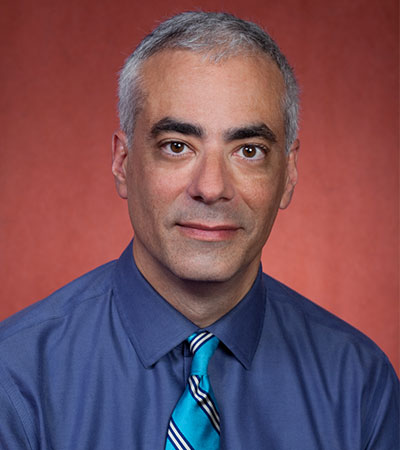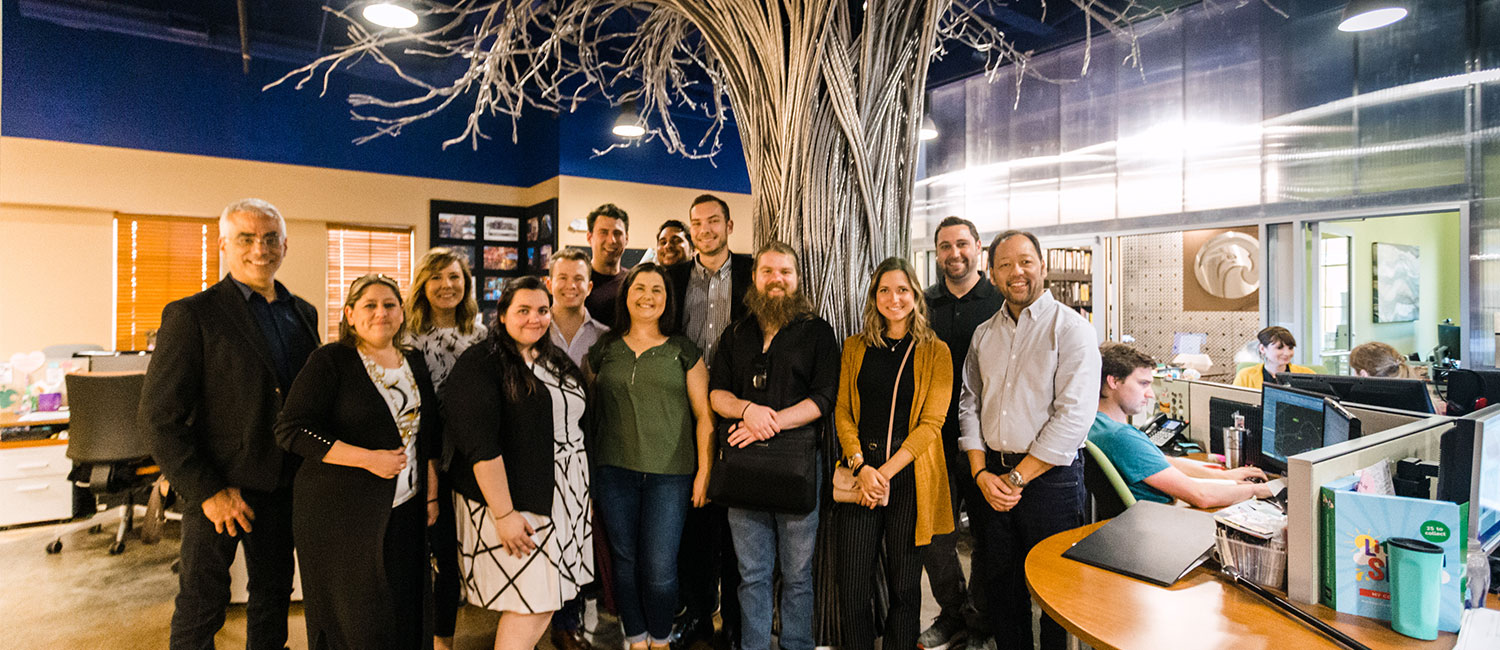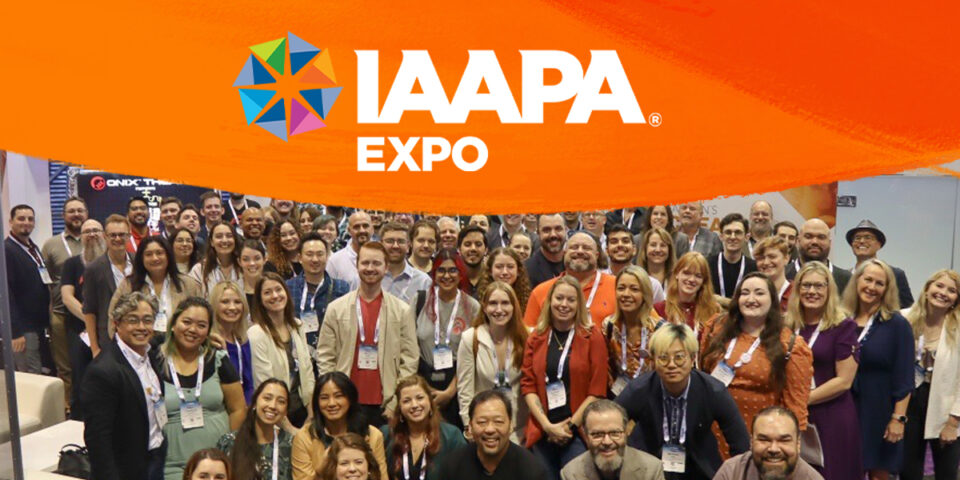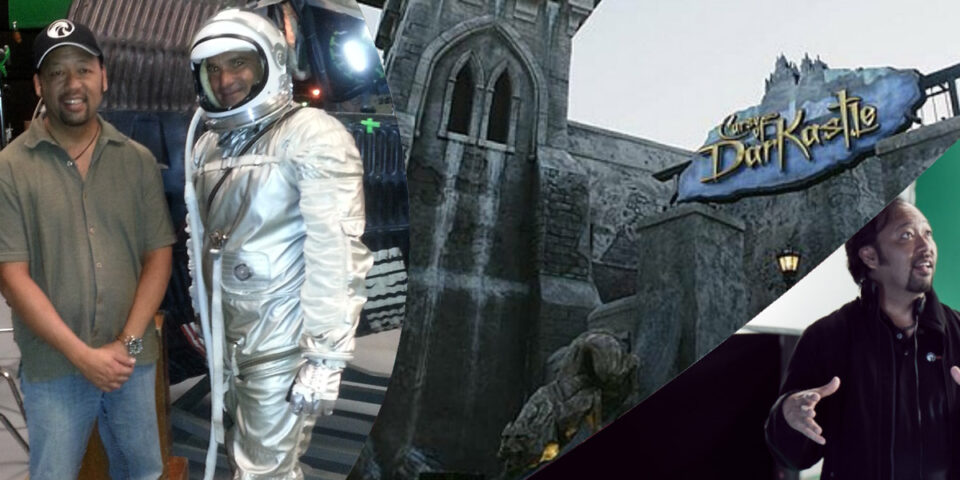When Falcon’s Creative Group recently celebrated its twentieth anniversary, I took time to reflect back on my own personal journey as well as key moments that the team has experienced.
I put together a presentation for the studios’ employees, trying to encapsulate my career and two decades worth of Falcon’s highlights into 30 slides. It was a fun exercise because it allowed me to relive precious memories, especially ones from my very early days when I was just an artist who wanted to draw cool pictures.
As I refined my skills, I started to dream of becoming an architect who could bring something different to the field. I had a clear path because architecture was a traditional focus in academia, and many universities offered outstanding programs that would put me on a course for success. Even if I had decided to choose another route to explore my passion, such as obtaining an art degree, I had that option because, again, many schools specialized in that type of education, and obviously still do. But let’s say that I intended to get into themed entertainment or themed experience design. Where could I have gone to college to take those classes and earn a diploma with that degree typed on it? I’ll give you a minute to think about it.
Early architecture artwork by Cecil D. Magpuri
The answer is nowhere. A decade ago, not one single American institution offered a degree in themed entertainment, which is mind-boggling. Here you have an industry that rakes in billions of dollars all over the globe and has been insanely popular for many, many decades, and yet, higher education was largely ignoring it, leaving people who wanted to design theme parks, or put their own stamp in one of many other themed settings, without a place to go to learn the skills of the trade. Many of them opted for degrees in engineering, writing, interior design, art, theater, film, and yes, architecture. Some graduates managed to nab positions within the themed entertainment industry, mainly by accepting jobs that had nothing to do with where they eventually ended up, while others could not even get out of the starting gate because they didn’t have the right portfolio or connections. Either way, there was no clear path.
Thankfully, things changed in 2012 when Peter Weishar, then dean of the Savannah College of Art and Design’s School of Entertainment Arts, started the very first master’s program for themed entertainment design. Like a beacon on a foggy night, the program became a guiding light, alerting other colleges and universities that this line of study was viable.
The University of Central Florida, home to the nation’s largest student population (Go Knights!), was one of those institutions. They recruited Peter in the summer of 2018, knowing he was the perfect choice to lead the fight for a graduate program in themed experience.
I met Peter about six years ago through a mutual friend, Bob Ward, my mentor from Universal Studios. I was impressed with Peter’s professional pedigree. He is very well respected, so his voice is heard, and he carries a lot of weight behind his message.
Before Peter was even settled into his new office at UCF, he started to ruminate on establishing an advisory council for the MFA track in Themed Experience, which would kick off its inaugural semester in the fall of 2019. I remember Peter asking me to join this intriguing council he was forming. He wanted successful leaders based in central Florida who could lend their advice and make time for important discussions that would pave the way for this new program. He knew it was important to seek guidance from employers who may potentially hire his graduates.
I thought, how great is this!? First, to have this type of master’s program in our own backyard - finally - is something to celebrate. Second, it’s led by Peter Weishar – who better? Third, I can gain information about prospective individuals who will be pursuing a career in themed entertainment/experience design and hopefully hire them in the future.

Before our first council meeting, which was in early 2019, I didn’t know what to expect. I just knew I wanted to add as much value as possible, and I was very excited about collaborating with other members of the council who come from various sectors of the industry. Disney and Universal are represented, as well as a cruise line, the Orlando Magic, and other owner/operators like Falcon’s. There’s also the previously mentioned Bob Ward, who is a Thea lifetime achievement award recipient. I’m honored to sit next to him at these meetings. UCF also has an internal team that’s committed to the council.
As the council took shape, and we started having official get-togethers, it became clear right away that the intention was to help establish a proper foundation for students, which will allow them to become effective immediately upon earning their master’s degrees. That’s why I’m so thrilled to be a part of this process. I enjoy the dynamic energy that permeates these meetings. There are no egos. Everyone is coming together for the common good and is motivated to arm the students with a bright future in this roller-coaster business…pardon the pun. This sort of mission helps feed the entire ecosystem.

Members of the UCF Themed Experience Advisory Council visit Falcon's office.
Council members helped guide the curriculum as well as the types of software programs these students should learn. We’d like graduates to know specific programs like SketchUp, AutoCAD, Revit, Unity, Rhino, Maya and other animation applications, the Adobe Creative Suite, and audio and video systems. If people can communicate using these tools, with freshly printed diplomas in hand, they’ll be ahead of the curve.
The council helps UCF’s College of Arts and Humanities understand what types of candidates we select when considering interns, full-time staff, or contractors. It’s been enlightening for me to hear that other members of the council consistently look for the same qualities that I do.
Another reason I’m so pumped to be on this council is having the chance to spend time with Peter’s pupils, reviewing their portfolios and offering feedback. It’s uncommon for students to receive that sort of direct communication about their work from industry professionals. Being an employer and the owner of a design studio, I know I can inject valuable insight.
In addition to building the council and steering its direction, Peter and his squad have committed themselves to forging solid partnerships with theme parks, themed entertainment companies, and experience design firms. Soon-to-be MFA grads will have the opportunity to work right next to their future peers at these established and well-respected outfits. This is the field work that comes with earning a master’s degree, and it’s a crucial element of the educational process.
In the classroom, students will learn creative and production skills and will study and conceptualize designs that are utilized to produce themed environments in zoos, aquariums, themed retail, dining, museums, virtual worlds, exhibitions, and yes, theme parks, too. That’s another thing that impresses me about UCF’s curriculum. It boasts the kind of diversity that’s required in a modern world. To see the leaders recognize and embrace the capabilities and flexibility of themed experience design is refreshing.
I’m also happy to see such a wide representation of interests in the MFA program. Students come from backgrounds in gaming, writing, producing, drawing, designing, and others, and they want to have their hands in more than one discipline. These talented individuals will collaborate with one another every day. Engaging in those interactions will give students a better understanding of how things work in the real world because none of us do this alone. We have a team that speaks the same language while understanding many different dialects.

UCF Themed Experience M.F.A students on a visit to Falcon's office.
When I think about our line of work, I envision the greatest Renaissance artists, people like da Vinci and Michelangelo who didn’t just paint or sculpt or sketch…they did it all. Individuals who can contribute in multiple areas are more effective because they are billable in various ways. At Falcon’s, we always keep that in mind during interviews. It’s a big deal.
I remember having a conversation with other people on the council about how unfortunate it was that students couldn’t get this kind of education until recently. Since Peter started the program at SCAD, we have started to see a few more schools adopt programs that have a concentration in themed design or offer some type of certificate, but that’s not the same as having a dedicated, fully accredited Master of Fine Arts track within the School of Performing Arts in themed experience. That makes UCF’s program unique.
Meet The Author

Cecil D. Magpuri
President & CCO
Cecil founded Falcon’s in 2000 with the goal of developing inspiring experiences for people of all ages. This dreamer’s visions have taken flight in the hands of a talented team that continues to bring joy to a global audience with award-winning designs, attractions, and content.





